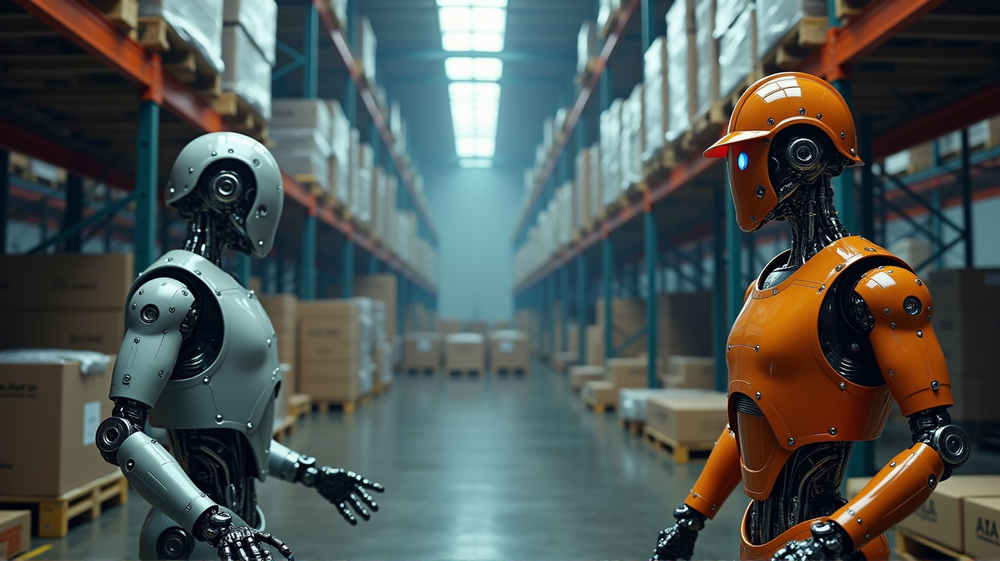Is Technology Progress Leading to the Degradation of Labour?
Deciphering the Promise versus Reality
In a rapidly evolving world dominated by the constant promise of technological advancement, one might assume that such progress liberates workers from the burden of laborious tasks. However, this seemingly optimistic narrative may not hold true. Drawing insights from historical patterns of employer-labour dynamics, we unearth a complex reality where new technologies often align more with the degradation of labour rather than its liberation.
The Automation Argument
The term “automation” harks back to the innovative strategies of the 1940s introduced by Ford Motor Company. This was a strategic move to dilute union strength by introducing technology as an unavoidable force rather than a managerial decision, thereby reframing the narrative around labour relations. According to Equal Times, the concept of automation was cleverly employed not just as a technological update but as a mechanism to undercut the bargaining power of unions, effectively dismantling worker solidarity under the guise of progress.
AI: The Modern Paradigm
Fast forward to today, artificial intelligence stands at the forefront of this technological narrative. Yet, AI’s applications often extend beyond mere technological advancements. Many employers leverage AI as a rationale to increase work pressures, enhance surveillance, and fragment labour processes, especially in the Global South. Thus, the spirit of ‘automation’ continues, albeit under the modern guise of AI, keeping the core objective unchanged - to manage and control labour despite the ostensible technological leap.
Unions and Their Strategic Choices
Historically, unions have faced the challenge of automation by advocating for re-training programs or demanding generous compensation packages for impacted workers. The United Packinghouse Workers’ failure to secure sustainable re-training highlights the dire need for revisiting these strategies. On the other hand, the success of the International Longshore and Warehouse Union, which demanded buyouts, sheds light on the importance of valuing jobs as assets necessitating equitable settlement pre-tech adoption.
Reclaiming the Narrative
Unions today must pivot from passive acceptance of technocratic tales to active shapers of their destiny. This involves rejecting the employer-imposed ‘future forward’ rhetoric and crafting new narratives centric to workers’ rights and workplace fairness. Only by redefining progress can unions realign technological integration with truly empowering labour.
Looking Ahead
The future demands a robust, worker-centric interpretation of technological progress—one that prioritizes redistributed power over marginal technological growth. This future may very well eschew an overdependence on flashy tech narratives, instead fostering an environment where the discourse revolves around justice, rather than automation or AI.
By remapping the dialogue around technological integration, unions stand to reclaim influence over the evolving landscape of work, championing fairness and worker control as the true markers of progress.




